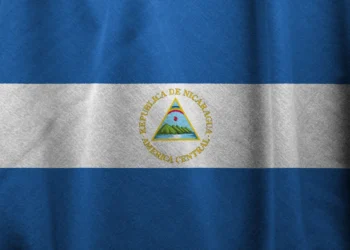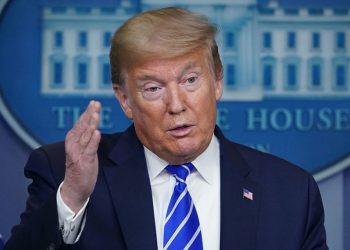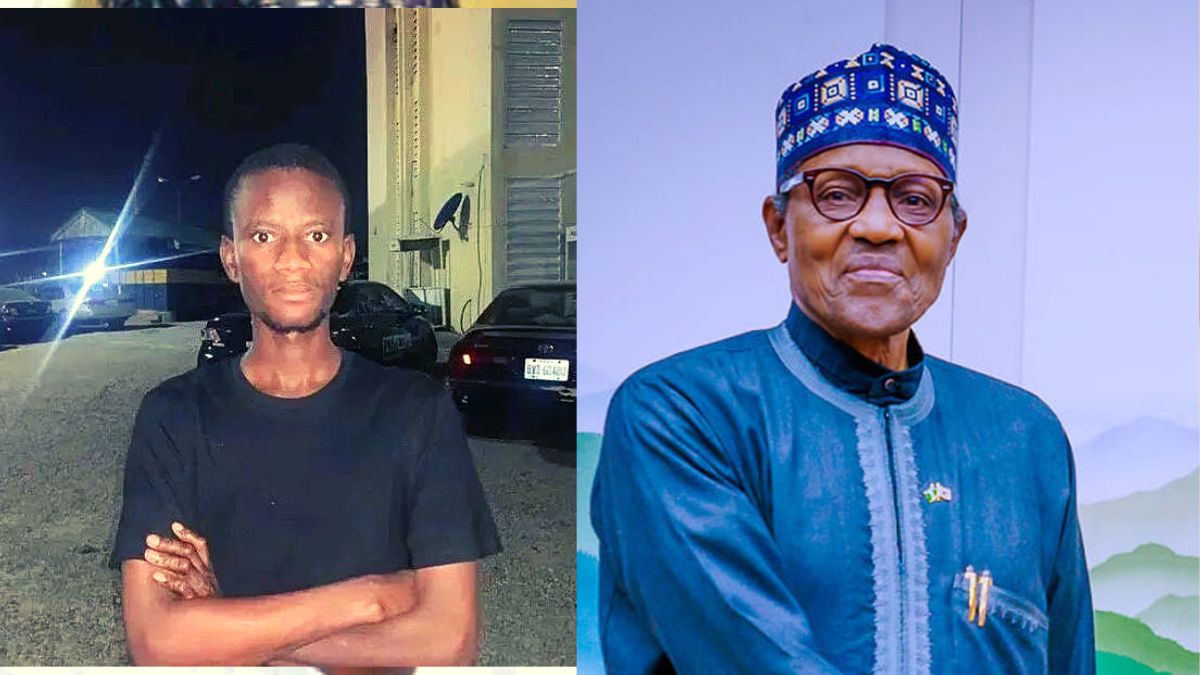Donald Trump has finally done what many thought he would never do: he turned on Vladimir Putin. After years of praising the Russian leader, hinting at their “special relationship,” and claiming he could end the Ukraine war in a day, Trump now says Putin “really let me down.” The words landed during his UK visit, where he sat with Prime Minister Keir Starmer to discuss Ukraine, Gaza, and global trade.
The Breakup Nobody Saw Coming
For years, Trump sold himself as the man who could talk sense into Putin. He said the war in Ukraine would never have started if he were president. He said his personal chemistry with Putin was strong enough to stop missiles and tanks. Now he admits he was wrong. To call Putin a disappointment after all the praise is not just a personal jab; it is a political turning point. Trump has made loyalty the centerpiece of his brand, and in his world, betrayal is unforgivable. If Putin has moved from friend to failure in Trump’s eyes, that changes the way America, Europe, and even Moscow read the room.

Starmer as the Middleman
Interestingly, the man standing beside Trump when he made the statement was not Joe Biden or Emmanuel Macron, it was Keir Starmer. The British Prime Minister is trying to play peacemaker, positioning himself as the bridge between Washington and Europe. His warm tone with Trump has already bought him favors in the ongoing tariff wars, but on Ukraine, Starmer is pressing harder. He wants Trump to go beyond vague promises and commit to real support for Kyiv. The fact that Trump’s attack on Putin came during their joint press conference shows Starmer’s strategy may be working.
Oil, War, and Trump’s Simple Math
As usual, Trump framed the war in business terms. Forget complex geopolitics or the human cost; for Trump, it comes down to oil prices. He told Europeans to stop buying Russian oil because “if the price comes down, Putin’s going to drop out of that war.” It’s classic Trump logic — reduce the cash flow, force the hand. Some will say it’s naive, that Putin’s motives go beyond money. Supporters will argue it’s practical, cutting the war machine at its source. Either way, Trump has dragged the conversation back to economics, where he feels most confident.
A Message Beyond Ukraine
This wasn’t just about Russia. Trump also waded into British politics, saying he would “stop” illegal migration in the UK if he were in charge, even hinting at using the military. He openly disagreed with Starmer’s plan to recognize a Palestinian state. And at the same time, he signed off on a massive tech deal, linking the US and UK in artificial intelligence, quantum computing, and nuclear energy. It was a day of contradictions, praising Britain’s “unbreakable bond” while throwing Putin under the bus and lecturing Europe on oil.
Why Trump’s Words Matter
If Trump truly shifts from seeing Putin as a partner to painting him as a problem, it could reshape America’s foreign policy in real time. Remember, Trump is not just speaking as a visitor in London, he is the sitting president, with direct power over sanctions, NATO funding, and military aid. And when Trump turns, the world has to pay attention, even if it’s unpredictable, even if tomorrow he changes his tune again.
















